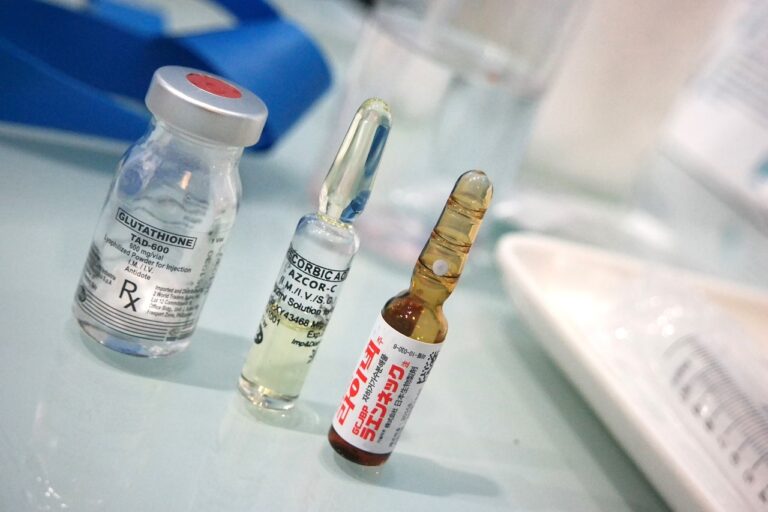The Importance of Vaccination for Herd Immunity: Protecting the Vulnerable
Herd immunity is a crucial concept in public health that relies on a high percentage of the population being immune to a particular infectious disease. When enough people are vaccinated against a certain illness, the spread of the disease is significantly slowed down. This protection not only benefits those who have been vaccinated, but it also helps to shield individuals who are unable to receive vaccines due to medical reasons, such as certain allergies or compromised immune systems. By reducing the overall number of susceptible individuals in a community, the likelihood of a disease outbreak is greatly diminished, ultimately leading to the safeguarding of the entire population.
Understanding How Herd Immunity Works
Herd immunity is a crucial concept in public health that helps protect communities from the spread of infectious diseases. When a large proportion of the population is immune to a particular disease, through vaccination or previous exposure, the likelihood of the disease spreading is significantly reduced. This is because the immune individuals act as a barrier, making it harder for the disease to find susceptible hosts and therefore limiting its transmission within the community.
The level of immunity required to achieve herd immunity depends on the infectiousness of the disease. For highly contagious diseases, such as measles, a high proportion of the population needs to be immune in order to effectively stop the spread of the disease. By increasing the number of immune individuals in a community, herd immunity not only protects those who are vaccinated or immune but also provides indirect protection to those who are unable to be vaccinated, such as individuals with certain medical conditions or compromised immune systems.
The Impact of Vaccination on Preventing Disease Spread
Vaccination plays a crucial role in preventing the spread of diseases within a community. By vaccinating a large majority of the population, we can achieve herd immunity, which provides protection to those who are unable to be vaccinated, such as infants or individuals with weakened immune systems. This helps to create a barrier that makes it difficult for diseases to spread, ultimately reducing the overall transmission rate.
When a significant portion of the population is immunized against a particular disease, the likelihood of outbreaks is greatly reduced. This not only protects individuals who have been vaccinated but also helps to safeguard the entire community by minimizing the transmission of infectious agents. By bolstering our immune systems through vaccination, we are collectively working together to build a shield that prevents the rapid spread of diseases, ultimately leading to healthier and safer environments for everyone.
Why is vaccination essential for herd immunity?
Vaccination helps protect not only individuals who are vaccinated, but also those who cannot be vaccinated due to medical reasons. By achieving high vaccination rates within a population, herd immunity is established, making it harder for diseases to spread.
How does herd immunity work?
Herd immunity works by reducing the number of susceptible individuals in a population, making it difficult for a disease to spread. When a large percentage of the population is immune to a disease through vaccination, it creates a protective barrier that benefits the entire community.
What is the impact of vaccination on preventing disease spread?
Vaccination plays a crucial role in preventing the spread of diseases by reducing the number of individuals who can transmit the disease to others. By getting vaccinated, individuals not only protect themselves, but also contribute to the overall health of their community.







